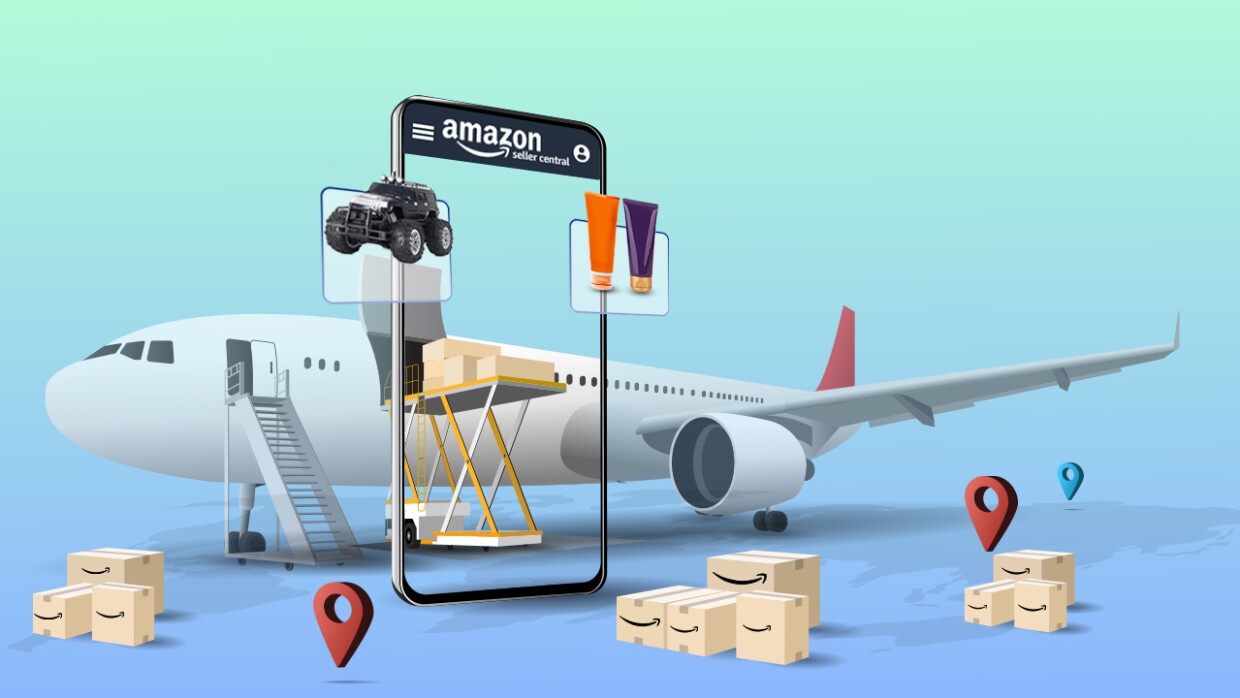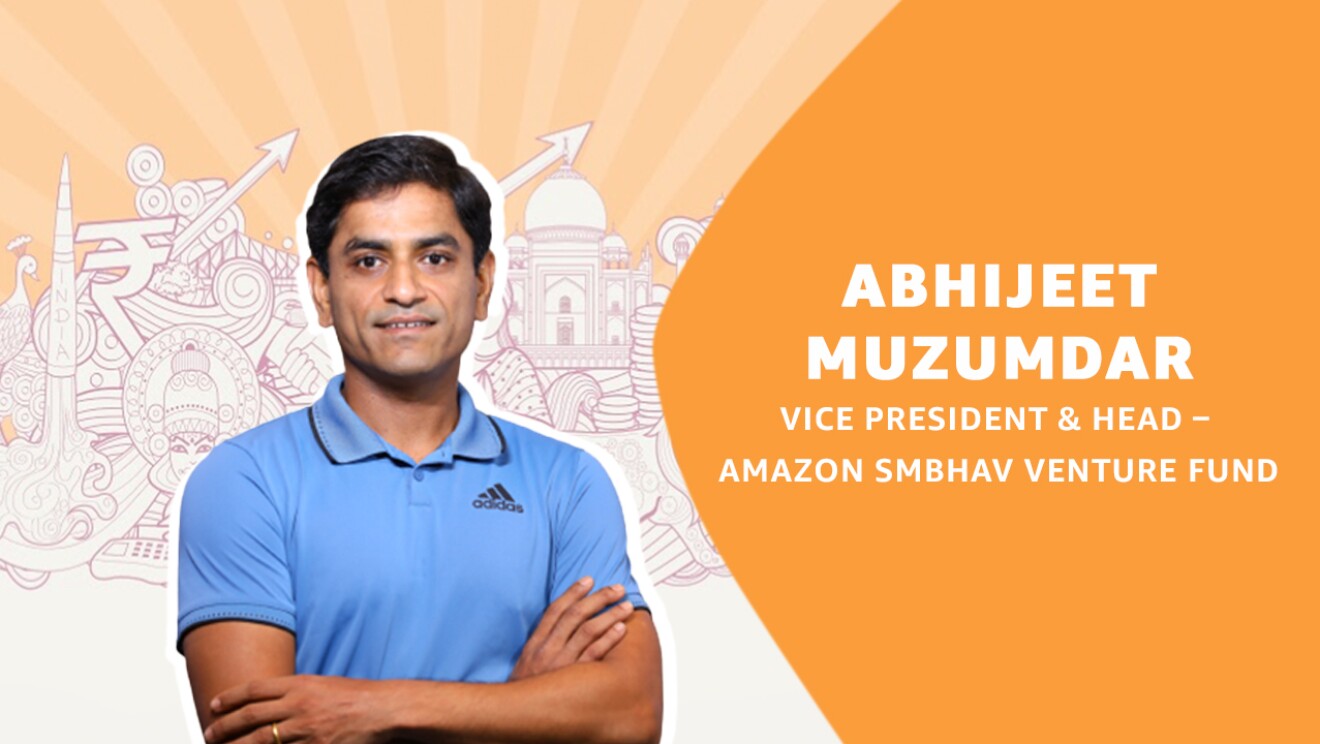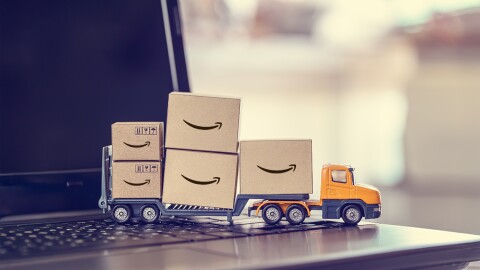When Tushar Khurana and Jatan Bawa, founders of oral care brand Perfora decided to pursue their global aspirations, one big learning was the importance of being flexible about their brand’s positioning in global markets. According to the Season 3 winners of Amazon's Propel Startup Accelerator, global markets require a good understanding of consumers and of why a product will sell well in competition with existing products. So, startups must give enough thought to make sure that their brand stands out against the competition.
As entry barriers to exports go lower than ever, Indian D2C brands are increasingly looking to make their mark in global markets. The advent of faster internet, the emergence of global ecommerce marketplaces, the easy availability of digital marketing and a greater understanding of export regulations have made it simpler for Indian entrepreneurs to connect directly with customers globally. With the global ecommerce market expected to clock $7.9 trillion by 2030 as per an industry report, the opportunity to scale with exports is very real.
Already, hundreds of thousands of Indian sellers who are a part of Amazon Global Selling are showcasing millions of ‘Made in India’ products to customers in the US, the UK, Australia, and several other international markets.
If you are a D2C brand looking to expand your footprint and tap into the global marketplaces, here are some pro tips that can act as levers to drive your global expansion plans.
Understand your customer’s needs
Customers buy various products for different reasons and it’s important to know those as you build your portfolio. For instance, Indian bedsheets are a big hit in the west but not for their intended use. They are more popular as throws and tapestries. “Another interesting example would be of how the rich and authentic flavour of “shudh ghee” (clarified butter) is now appreciated by coffee connoisseurs worldwide as a supplement to enhance coffee blends,” says Bhupen Wakankar, Director Global Trade, Amazon India.
Plan your inventory well
Inventory management is critical. For instance, sale events such as Prime Day and Black Friday and Cyber Monday are tremendous growth opportunities. It’s important to ensure that selection, inventory, and advertising are well planned for these events. Be aware that bestseller products in India might not necessarily see the same demand internationally.
Building a wide selection of products helps boost customer engagement and helps customers identify more strongly with your brand. A broader portfolio also drives account sales, helps identify bestseller products and encourages cross-selling.
Be strategic with your marketing spends
Most successful brands have a dedicated marketing plan and budget their advertising campaign spends ahead of time. Aggressive marketing in the first 3-6 months of global selling is critical to establish brand presence and increase visibility on ecommerce marketplaces.
Be smart with your finances and prudent in raising capital
Scaling globally requires resources and funds. Indian startups and brands must secure funding by exploring various options such as startup incubators, angel investors, venture capitalists, and so on. A clear vision for growth is crucial. According to Shivi Maheshwari, Strategy Lead from Mirana Toys (a Season 3 winner of Amazon's Propel Startup Accelerator), startups must be aware of the right business metrics to highlight for securing funding.
Align with customer sentiment
Read customer reviews of your products to understand customer sentiment. Sometimes feedback can improve both the product and its packaging. Brands that are nimble with product or packaging modifications in response to customer feedback have a bigger shot at success. “Pro tip: instead of just conducting surveys, try to set .up a 30-minute conversation with the customer to understand what they want and what expectations you are already meeting—this will give you something to build on,” says Rithish Kumar, co-founder of Pee Safe, a brand that was shortlisted for Season 3 of Propel Startup Accelerator
Leave the heavy lifting to experts
Cross-border selling can be complex, but enough resources are available today to plan well ahead of shopping peaks. “It becomes easier when you can leave some of the heavy lifting of inventory planning, logistics and payments to people who have expertise in the area, while you can focus on your product,” says Wakankar. Specialised support is also available for taxation, export compliance and other regulatory requirements. Ecommerce marketplaces and even service providers can help you in demand forecasting, advertising and marketing services. So, you don’t have to do everything on your own. For sellers with global aspirations, help is available through programs such as Amazon Global Selling, which has connected Indian businesses to customers across the world in the last 9 years.
If you are a D2C brand, Amazon Global Selling has a flagship program ‘Propel Startup Accelerator,’ currently in its 4th Season, that has already helped over 70 Indian startups launch globally. Once selected, a few ‘Made in India’ brands every year get the opportunity to pitch their business propositions to VC partners, receive dedicated support from Amazon to launch internationally, get the chance to attend workshops by Amazon and VC leaders, and stand to win total rewards worth over $1.5 million. Amazon Global Selling offers tools and solutions that can help Indian entrepreneurs adopt ecommerce exports. It has enabled over 125,000 registered exporters from 200+ cities across India to surpass $8 billion in cumulative exports since 2015. Amazon Global Selling also provides benefits such as free credits for advertising, brand registry, and Fulfilment by Amazon (FBA). Here’s a comprehensive guide to help small businesses become global exporters with Amazon.













